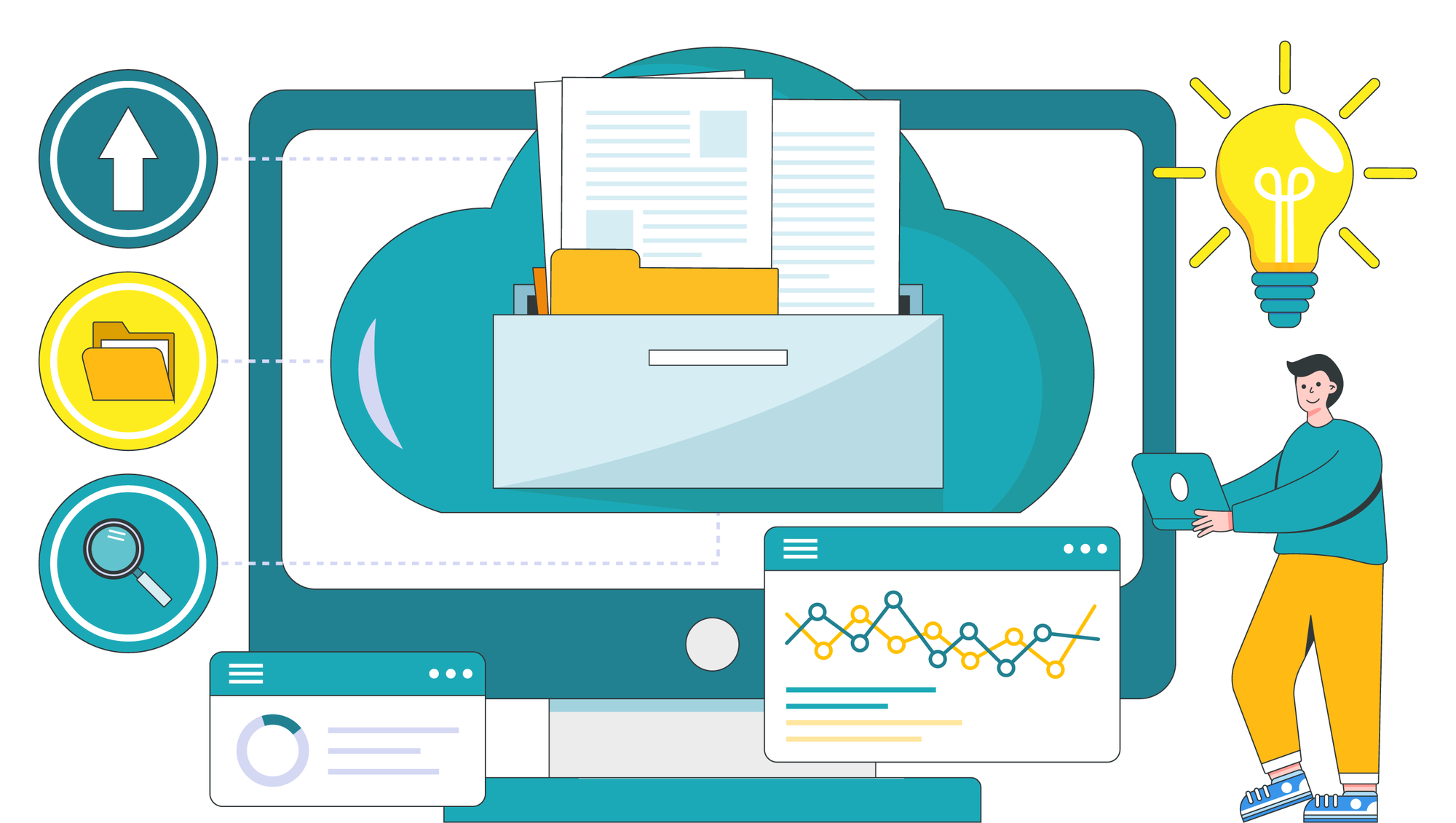2.1 Data Collection and Data Acquisition Policies

Archives vary in their approach to data acquisition. I some cases, data producers are encouraged or even required to deposit by funding bodies, but the issue may be too much data for an archive to process or archive sustainably. More typically, repositories face challenges of finding, acquiring, and ingesting the “right” data.
But what makes data “right” for a given archive? A description of the data to be included in the archive's collection is often stated in the collection development policy or acquisition policy. Such policies describe the selection and appraisal criteria that an archive applies when assessing whether to accept data into its collection.
Typical criteria might include:
- Purpose: research, teaching, replication.
- Level of curation – short or long term.
- Alignment with other internal and external policies, e.g., research priorities of funders.
- Flexibility to deal with exceptions, such as data with a high risk of loss.
- Thematic coverage.
In addition to selection criteria, practical information such as the procedure for acquisition should also be included in such a policy.
Finally, a policy might include some discussion of methods, such as how the archive might address technological changes (e.g., data via APIs) or shifting strategic objectives (becoming a center of expertise in novel data, e.g., social media).
What to consider when adapting a policy
An excellent source here is a paper that describes the experiences of FSD and ADP. Although the paper is from 2006, it remains highly relevant to any archive going through a similar process (Laaksonen, Borg, and Stebe 2007).
“Our paper discusses FSD’s and ADP’s data acquisition policies in relation to their general archival development strategy. We will attempt to systemize the relevance of policy issues by taking a look at current acquisition practices. We will also share experiences from the very grass root level acquisition practices and try to shed light on who are the actors and how their interests play a role in the acquisition. Additionally, we discuss the national institutional support for data sharing. We report the practices of national research funding organizations and present our colleagues’ views on how the current practices are operating” (Laaksonen, Borg, and Stebe 2007).
Relevant sections from Chapter 1
Links to examples
Data Collection Policy. AUSSDA. https://aussda.at/fileadmin/user_upload/p_aussda/Documents/AUSSDA_Data_Collection_Policy.pdf
Selection Policy DANS Data Stations. DANS. https://dans.knaw.nl/en/selection-policy-dans-data-stations/
Data Acquisition Policy. FORS. https://forscenter.ch/wp-content/uploads/2022/07/acquisition-policy_2022.pdf
Records Management and Archives Formation Plan. FSD. https://www.fsd.tuni.fi/en/data-archive/documents/records-management-and-archives-formation-plan/
Collections Policy. Progedo. https://www.progedo.fr//app/uploads/2025/02/2025-CollectionsPolicy_V1.1-1.pdf
Collections Development Policy. UKDS. https://ukdataservice.ac.uk/media/398725/cd227-collectionsdevelopmentpolicy.pdf
Collections Development Selection and Appraisal Criteria. UKDS. https://ukdataservice.ac.uk/app/uploads/cd234-collections-appraisal.pdf
OpenAIRE Content Acquisition Policies, Version: 1.0 Release date: 5th of October, 2018. https://doi.org/10.5281/zenodo.1446408